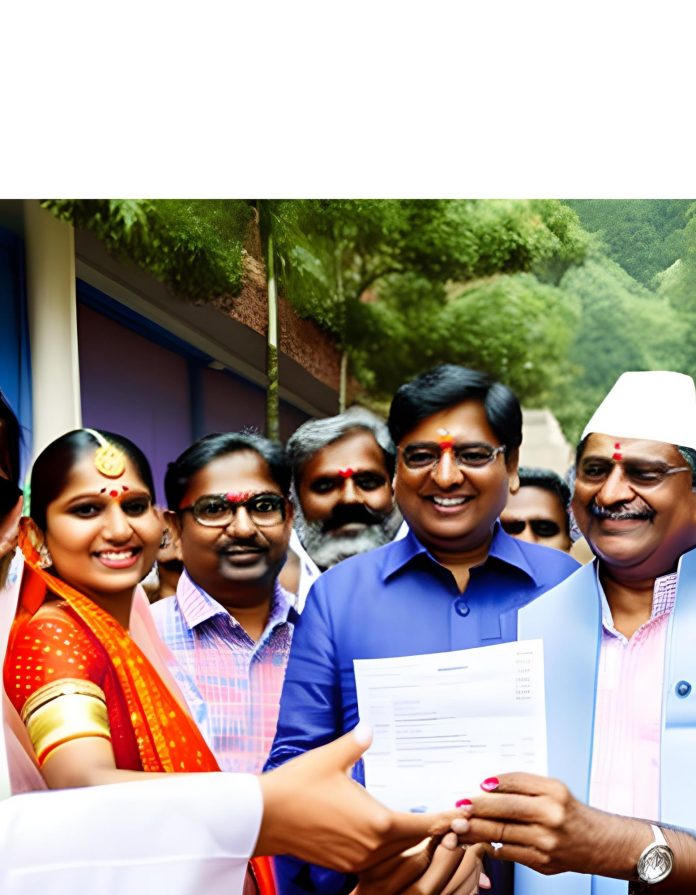Introduction
In the bustling democracy of India, successful political campaigns rely on effective voter engagement strategies. Engaging with voters is not just about promoting a candidate or a party; it’s about forging meaningful connections, addressing concerns, and inspiring citizens to exercise their right to vote. In this blog, we’ll explore key strategies for effectively engaging with voters in Indian elections, ensuring a stronger democratic participation and representation.
- Understanding the Voter Demographics:
The first step towards effective engagement is understanding the diverse demographics of the electorate. India’s population is a mosaic of cultures, languages, and socio-economic backgrounds. Tailoring messages and policies to resonate with the local concerns and aspirations of each region can foster a deeper connection with voters. - Personalized Communication:
Engaging with voters on a personal level can have a significant impact. Door-to-door canvassing, town hall meetings, and local gatherings provide opportunities for candidates to interact directly with voters, answer their questions, and understand their needs. - Leveraging Technology:
In the digital age, social media platforms play a crucial role in voter engagement. Utilizing platforms like Facebook, Twitter, Instagram, and WhatsApp can help candidates reach a wider audience, share their agendas, and respond to queries. Live sessions, informative videos, and interactive posts can create a more relatable and approachable image. - Innovative Outreach:
Innovative approaches can capture voter attention. Utilize creative mediums such as podcasts, blogs, webinars, and even mobile apps to disseminate information, discuss policies, and offer a deeper understanding of the candidate’s vision. - Community Involvement:
Building a sense of community can foster voter engagement. Collaborate with local influencers, community leaders, and organizations to amplify messages and encourage participation. Engaging with community events, festivals, and service projects can showcase genuine commitment. - Addressing Local Concerns:
Tailoring messages to address specific local concerns showcases a candidate’s attentiveness. Highlighting policies that address issues like education, healthcare, infrastructure, and employment resonate with voters on a personal level. - Transparency and Credibility:
Building trust is paramount. Providing accurate information, maintaining consistency in messaging, and demonstrating a commitment to transparency can enhance a candidate’s credibility and foster voter trust. - Engaging Youth and First-Time Voters:
India has a significant youth population. Engaging with this demographic requires understanding their interests and aspirations. Focusing on issues such as education, employment opportunities, and environmental concerns can resonate with young voters. - Mobilizing Voter Registration:
Encouraging voter registration is crucial. Offering assistance in the registration process, organizing voter registration drives, and clarifying doubts about the process can lead to higher voter turnout. - Continuous Engagement:
Engagement should not be confined to election season. Consistent communication and engagement with constituents, even after elections, build a lasting relationship and showcase a candidate’s genuine interest in their well-being.
Conclusion
Effective voter engagement is the foundation of a strong and vibrant democracy. As India continues to evolve, the strategies employed to engage with voters must also adapt to the changing landscape. By understanding the diverse demographics, leveraging technology, addressing local concerns, and fostering community involvement, candidates can connect with voters on a meaningful level. Ultimately, voter engagement is not just a campaign strategy; it’s a commitment to understanding and serving the needs and aspirations of the people, thereby enriching the democratic fabric of the nation.

